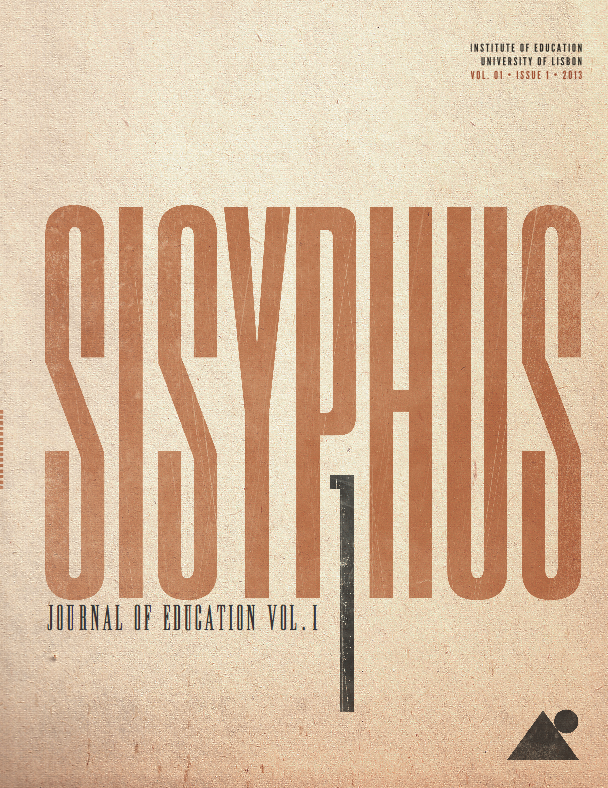Governing Education, Governing Europe? Strengths and Weaknesses of the Lisbon Model
DOI:
https://doi.org/10.25749/sis.2830Palavras-chave:
EU, Higher education, Lisbon agenda, Open Method of Coordination, Policy processResumo
The weaknesses of the Lisbon model of governance, as exemplified by the intergovernmental open method of coordination, has been widely aired in the literature. This paper suggests in contrast that there are strengths in this form of policymaking for strategic ends, and when applied to nationally sensitive policy domains. An examination of OMC-education throughout the Lisbon decade shows the evolution of policy-making through Lisbon 1, Lisbon 2 and Europe 2020, finding that the ‘governance architecture’ has been stabilised and the policy domain of education enriched by a balance between social dimension and competitiveness. The paper suggests however by way of conclusion that the outlook for the Lisbon model is now suspended on the outcome of the institutional upheaval being played out in the EU as a consequence of the economic crisis, and which demands democratic solutions.
Downloads
Downloads
Edição
Secção
Licença
O Copyright (c) pertence à Sisyphus – Journal of Education. No entanto, encorajamos que os artigos publicados na revista sejam publicados noutros lugares, desde que seja solicitada a autorização da Sisyphus e os autores integrem a nossa citação de fonte original e um link para o nosso site.
Política de auto-arquivo
É permitido aos autores o auto-arquivo da versão final publicada dos seus artigos em repositórios institucionais, temáticos ou páginas web pessoais e institucionais.
Subscritor DORA
O Instituto de Educação da Universidade de Lisboa, editor da Sisyphus, é um dos subscritores da Declaração de São Francisco sobre Avaliação da Investigação (DORA).





